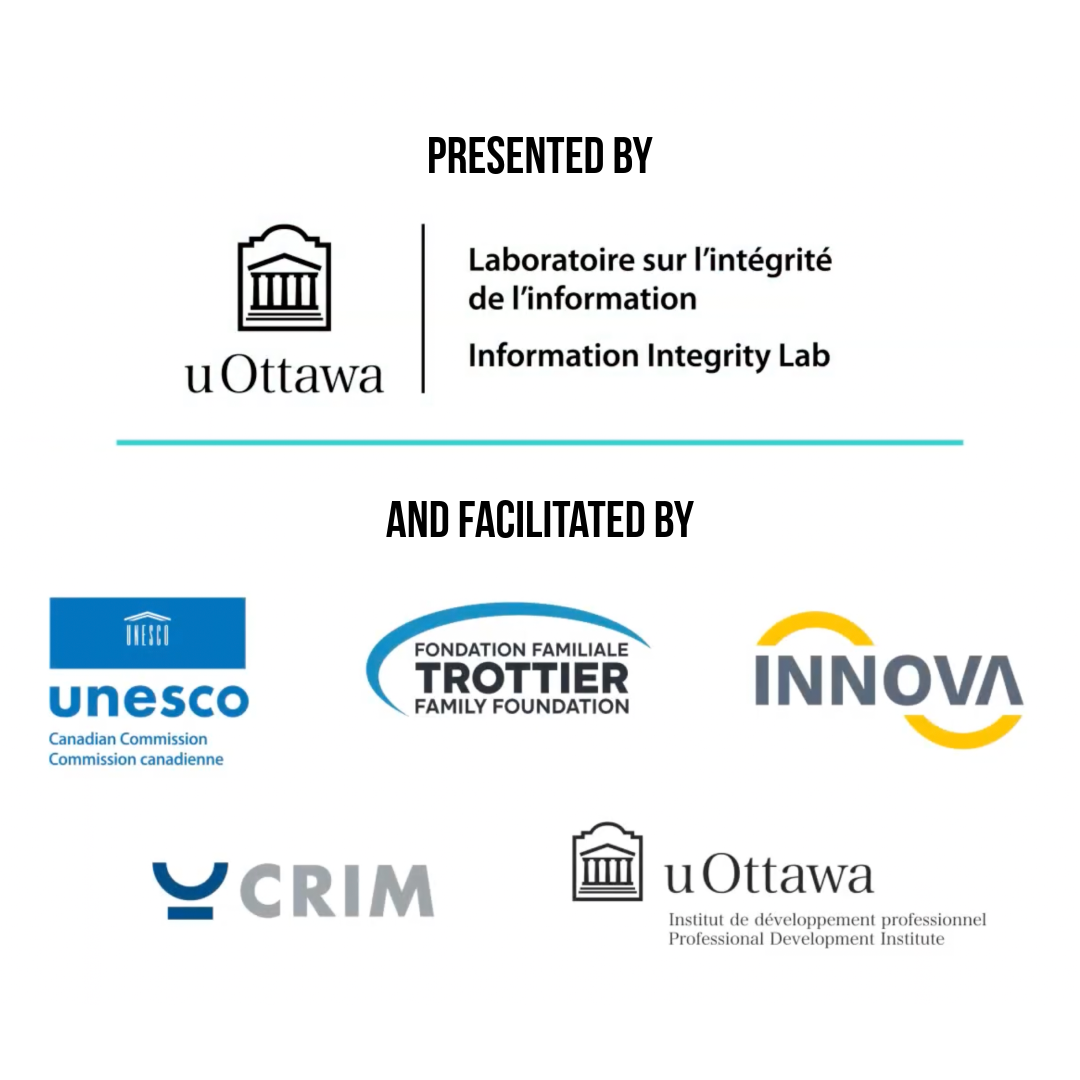 L’IA au service du streaming : révolution ou dérive ?
L’IA au service du streaming : révolution ou dérive ?
 TrustScan IA : une solution québécoise contre les fausses nouvelles
TrustScan IA : une solution québécoise contre les fausses nouvelles
 Données agroalimentaires : « On n’est pas bien outillés au Canada », pense Sylvain Charlebois
Données agroalimentaires : « On n’est pas bien outillés au Canada », pense Sylvain Charlebois
 35e Gala de l’ADRIQ : l’innovation pour tous et par tous
35e Gala de l’ADRIQ : l’innovation pour tous et par tous
 Relever les défis de recrutement en tech
Relever les défis de recrutement en tech

The Global Risks Report 2025 ranks climate disinformation—and more broadly, misinformation and disinformation—as one of the most significant short-term threats facing the world, particularly over the next two years. According to the World Economic Forum, experts identified misinformation and disinformation as the crisis most likely to have a global impact in the short term, keeping it at the top of the risk rankings for the second consecutive year.
According to Statistics Canada, in 2023, 59% of Canadians expressed strong concerns about online misinformation, and 43% admitted having difficulty distinguishing between true and false information on the internet.
A report published on behalf of Électricité de France (EDF) presents a global overview of public opinions on climate change, based on data from 30 countries across five continents (Witkowski & Boy, 2022). It is estimated that 9% of the population in these countries doubt the very existence of climate change (trend denial), while 28% question its human origin (attribution denial).


